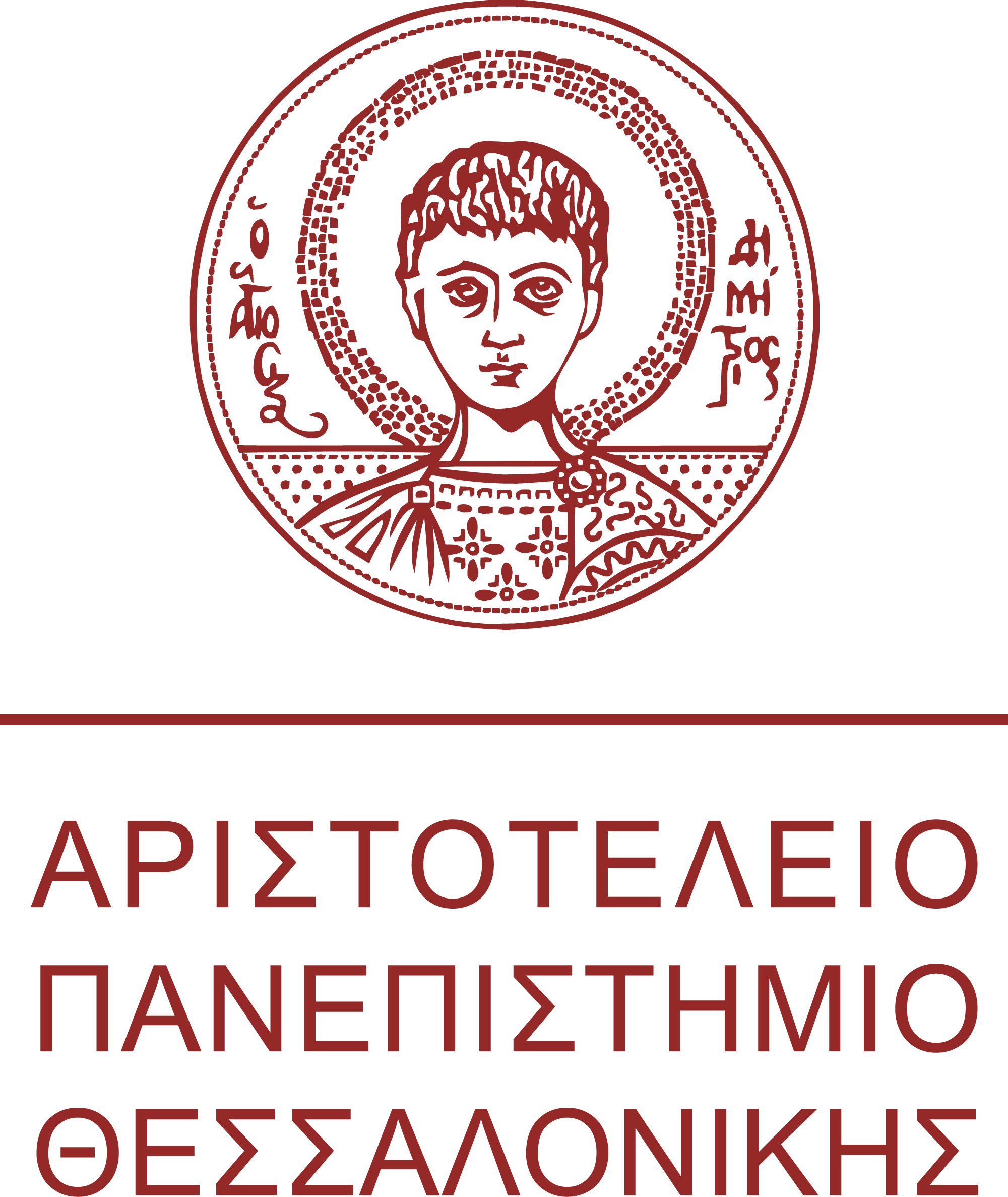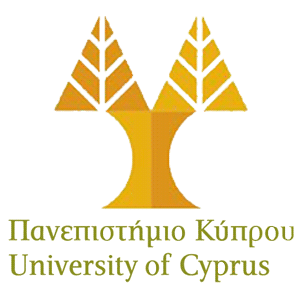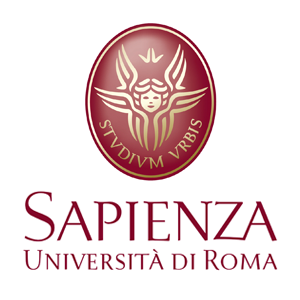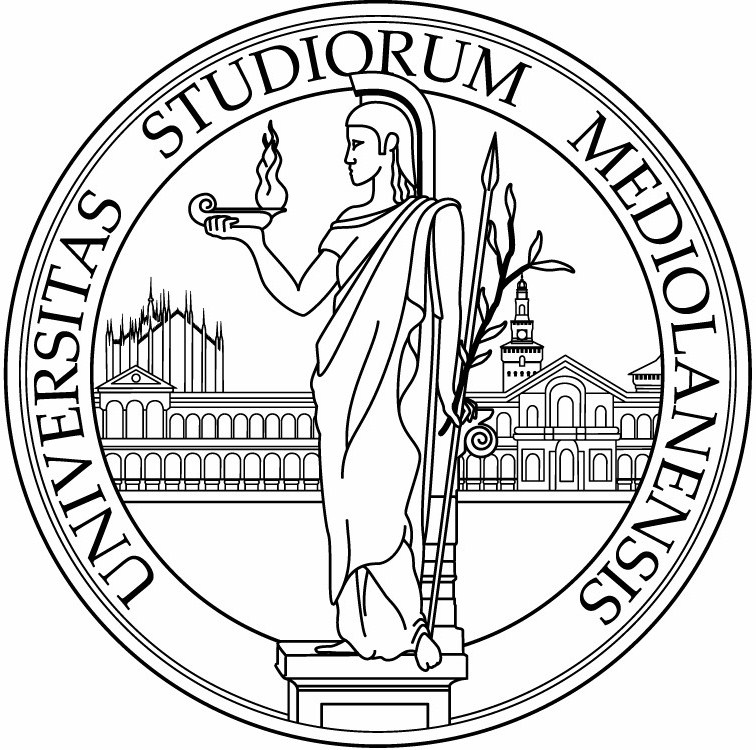Efficient Thermal Analysis of Materials requires the co-operation of several academic disciplines such as Physics, Chemistry, Food Science, Geology, Pharmaceuticals, etc, while at the same time being a largely practical pursuit, asking for highly focused-on skills. The considerable variation in depth of learners’ analytical/instrumental skills at a steadily increasing extent on thermal analysis techniques used on Material Science demands a regularly updated environment of continuous learning. Facing problems is a research question, but to a great extent it relies upon expertise, gained when working in similar situations.
Consortium

The Department of Physics has nearly 800 students and 111 staff members and is perfectly appropriate for coordinating a project dealing with ‘Bologna tools’ since it has extended expertise in multilateral co-operation and Erasmus mobility schemes, and is bearing close connections to the Greek labour market.
Aristotle University of Thessaloniki (AUTh) is bringing its expertise on thermal characterisation of materials; kinetics of thermal degradation of polymers; thermal properties and thermo-oxidative stability of nanomaterials.

The Department of Mechanical and Manufacturing Engineering is active and experienced on:
• Research on thermoelectric materials and emphasis on thermal analysis techniques.
• Teaching of undergraduate and graduate courses on Materials Characterization techniques including Thermal Analysis.
• Facilities on thermal analysis with emphasis on thermal conductivity measurements with various methods.
The Powder Technology Laboratory, established in the Department of Mechanical and Manufacturing Engineering, is involved in research activities on the field of Materials Science and Engineering and include:
-Materials Synthesis: The preparation of materials have been developed based on various synthetic techniques such as solid-state reactions, synthesis from melt, flame reactions, mechanical alloying synthesis
-Materials Processing: Processing of materials based on ball milling and hot-press sintering is currently carried out. Such techniques can offer main advantages such as enhanced mechanical properties, mass production and variety in shapes and are applied in a variety of materials including semiconductors as well as metals.
-Materials Characterization: In-house materials characterization is routinely carried out using techniques such as Powder X-rays Diffraction, Thermal Analysis, Scanning Electron Microscope, Energy Dispersive Spectroscopy etc. The equipment is available through the Department of Mechanical and Manufacturing Engineering, UCY.
-Materials Properties: Measurements of thermoelectric properties including Seebeck coefficient, electrical and thermal conductivity can be carried out in the temperature range of RT-800oC. Such setup is used to study materials that are of interest for various applications such as thermoelectrics and electronics.

Sapienza offers a vast array of courses: around 260 degree programmes at Bachelor and Master level, 80 PhD courses, one to two year long lasting professional courses and Specialization Schools, Master degree programmes entirely taught in English (including a full 6-year long lasting degree in Medicine and Surgery), plus many English-taught single courses in various disciplines.
Committed to the importance of the internationalization of education and training, to the expertise and know-how sharing, to the collaboration in institutional and capacity building,

Laboratory of thermal analysis and calorimetry at the Faculty of Chemical and Food Technology is equipped with 4 DSC calorimeters and 1 TG/DTA(DSC) simultaneous thermal analyzer. Staff of the laboratory provides (i) lectures for MSc and PhD students on Chemical Thermodynamics, Thermal Analysis and Degradation and Stabilization of Materials; (ii) laboratory exercises on Thermal Analysis; (iii) laboratory exercises and seminar on Physical Chemistry for Bc students. Within the research, the laboratory deals with the physical chemistry of materials, mainly with the thermal and thermooxidative degradation of materials, predictions of material lifetime, thermoanalytical kinetics, characterization of materials and modeling the processes occurring in condensed phase.

The Department of Food, Environmental and Nutritional Sciences (DeFENS) that include the “Thermal Analysis and Calorimetry Laboratory” equipped with ten (10) different calorimetric instrumentations in order to cover the research field of “biological systems physical chemistry” at molecular, nano-mesoscopic and macroscopic level.
